
News



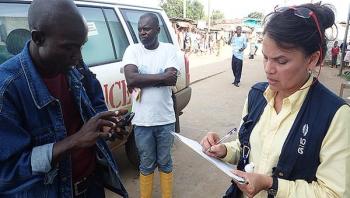
Dr. Carmem Pessoa da Silva is an infection control specialist at WHO. She was first deployed to Liberia in September 2014 when the Ebola outbreak was at its height. The number of people ill with Ebola greatly outnumbered the number of treatment beds. People needed help to safely care for their relatives and friends while waiting for an ambulance. This is how Pessoa da Silva and colleagues brought that help.




Cleaning and disinfecting are important parts of a comprehensive infection prevention strategy. While the need for cleaning and disinfecting is increasing, there is also growing evidence that these activities can result in serious health problems, particularly respiratory illness. Occupational health programs in state health departments are receiving reports from the healthcare sector like the following case from the Commonwealth of Massachusetts.

Healthcare-associated infections (HAIs) take a toll on patients, their families, hospital staff and the bottom line, and impact the reputation of and funding for healthcare facilities. In fact, on any given day, 1 in 25 hospitalized patients, or roughly 600,000 each year, must deal with an HAI, according to the Centers for Disease Control and Prevention (CDC).


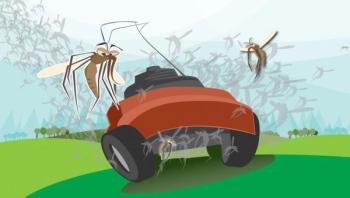
A study of the West Nile virus risk associated with "dry" water-detention basins in Central Illinois took an unexpected turn when land managers started mowing the basins. The mowing of wetland plants in basins that failed to drain properly led to a boom in populations of Culex pipiens mosquitoes, which can carry and transmit the deadly virus, researchers report. A paper describing their findings is in press in the journal Ecological Applications.

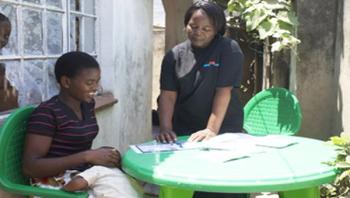
Today only half of people living with HIV are aware of their status. This testing gap, coupled with the importance of early treatment for HIV, is driving interest in of the role of self-testing for HIV.



To fight a pathogen that’s highly resistant to antibiotics, first understand how it gets that way. Klebsiella pneumoniae strains that carry a particular enzyme are known for “their ability to survive any antibiotics you throw at them,” says Corey Hudson of Sandia National Laboratories in California.





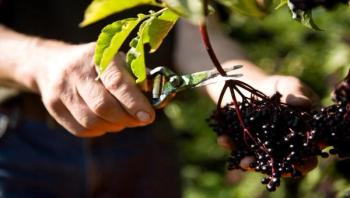
The negative health effects of international air travel are well documented but now it seems that the common elderberry can provide some relief. Associate professor Evelin Tiralongo and Dr. Shirley Wee from Griffith University's Menzies Health Institute Queensland (MHIQ) have completed a clinical trial showing that an elderberry supplement can provide some protection from cold and flu-like symptoms following long-haul flights.


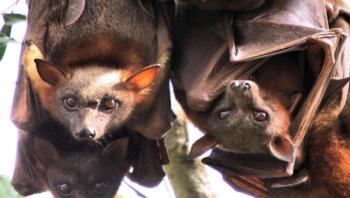
Researchers from the University of Sydney have painted the most detailed picture to date of major infectious diseases shared between wildlife and livestock, and found a huge gap in knowledge about diseases which could spread to humans. Published in the Proceedings of the National Academy of Sciences (PNAS), the world-first study has found that just 10 diseases account for around 50 percent of all published knowledge on diseases at the wildlife-livestock interface. It is based on an analysis of almost 16,000 publications spanning the last century.


